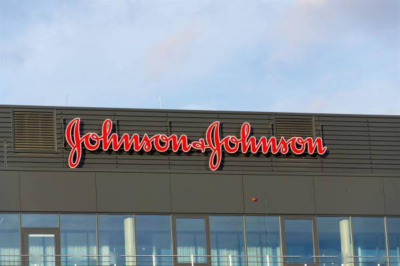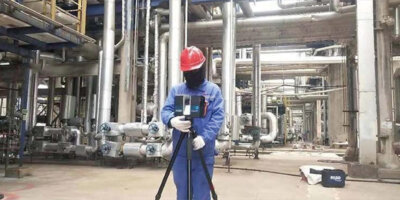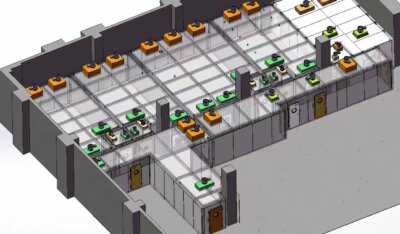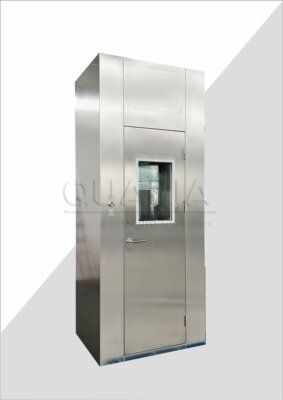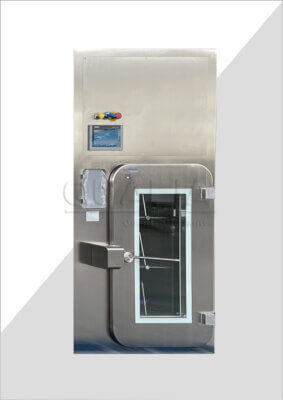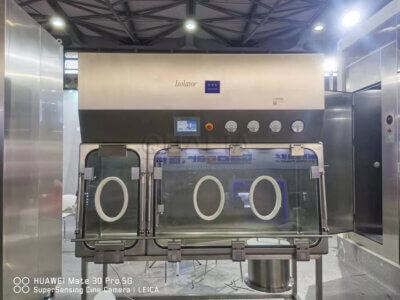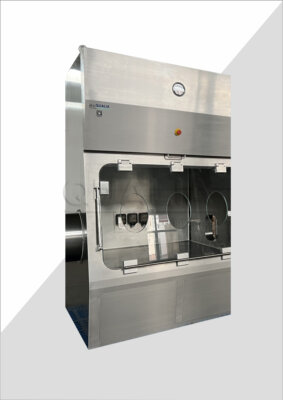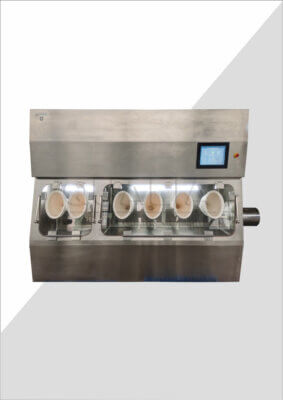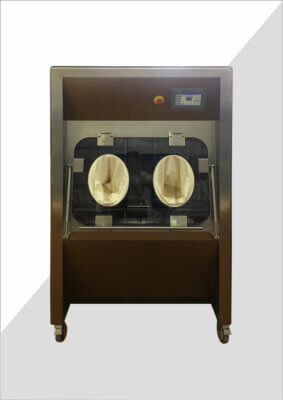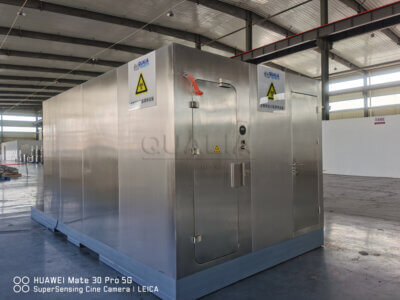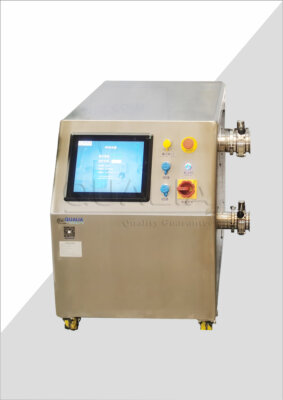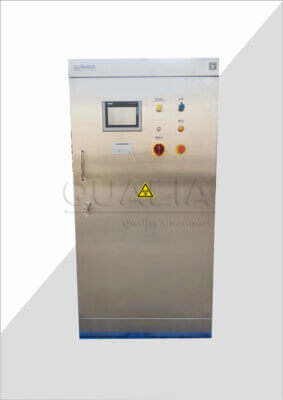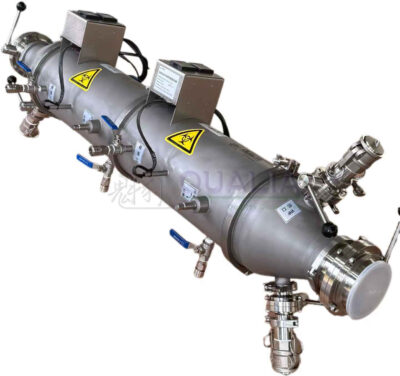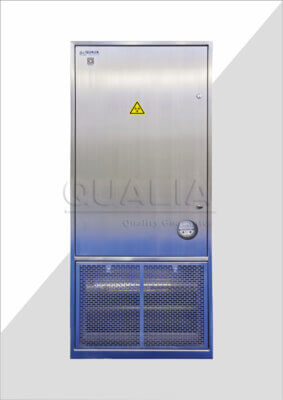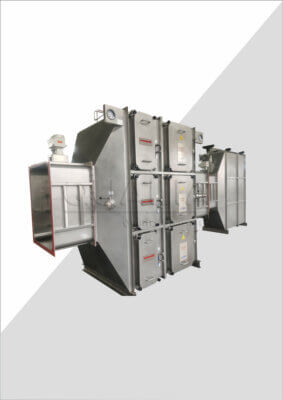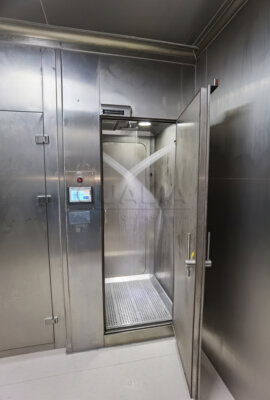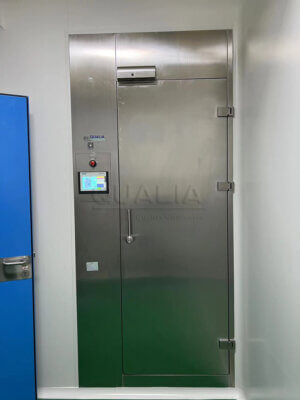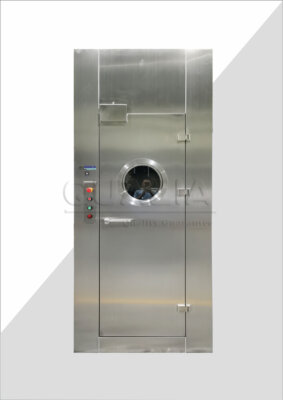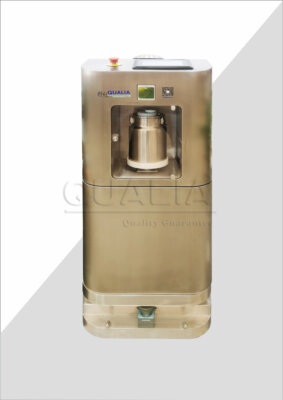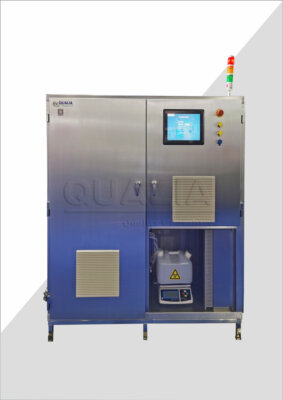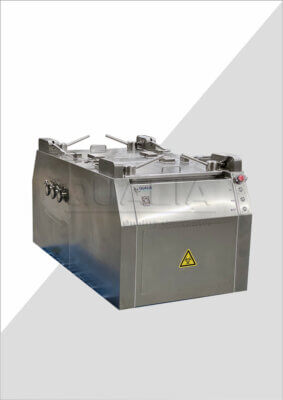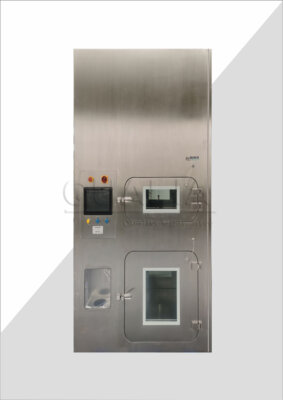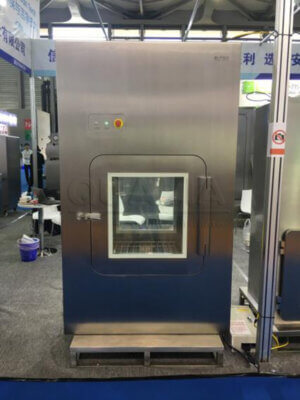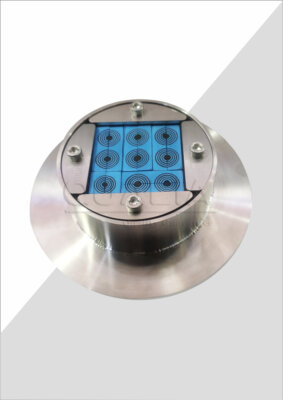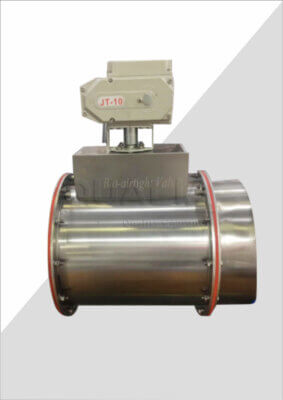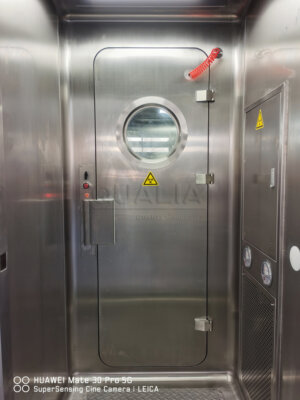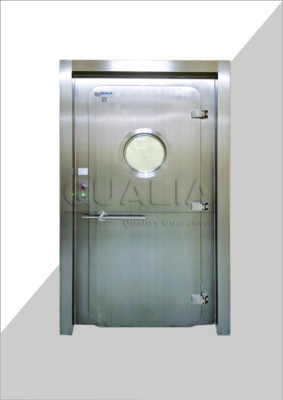Custom air showers have become an essential component in maintaining cleanliness and contamination control across various industries. These specialized enclosures use high-velocity air jets to remove particles from personnel and equipment before entering clean environments. As the demand for precision and efficiency in cleanroom operations grows, the need for tailored air shower solutions has never been more critical.
The concept of air shower customization has evolved significantly over the years, adapting to the unique requirements of different sectors such as pharmaceuticals, electronics, and aerospace. From adjustable air nozzles to programmable cycle times, modern air showers offer a wide range of features that can be fine-tuned to meet specific cleanliness standards and operational needs.
As we delve deeper into the world of custom air showers, we'll explore the various aspects that make these systems indispensable in maintaining controlled environments. We'll examine the key components, design considerations, and technological advancements that contribute to their effectiveness. Moreover, we'll discuss how customization options can enhance performance, improve user experience, and ultimately contribute to the overall efficiency of cleanroom operations.
Custom air showers represent a significant advancement in contamination control technology, offering tailored solutions that can be adapted to meet the specific needs of diverse industries and applications.
What are the fundamental components of a custom air shower?
At the heart of every custom air shower lies a set of core components that work in harmony to create an effective particle removal system. Understanding these elements is crucial for anyone looking to implement or optimize an air shower solution.
The primary components of a custom air shower include high-efficiency particulate air (HEPA) or ultra-low particulate air (ULPA) filters, strategically placed air nozzles, and a powerful blower system. These elements work together to generate a high-velocity airstream that effectively dislodges and removes contaminants from surfaces.
Delving deeper, we find that the configuration of these components can significantly impact the air shower's performance. For instance, the placement and angle of air nozzles can be customized to ensure optimal coverage and particle removal efficiency. Similarly, the choice between HEPA and ULPA filters depends on the level of filtration required for specific applications.
Custom air showers can be equipped with filtration systems that remove up to 99.9995% of particles as small as 0.12 microns, ensuring an exceptionally clean environment for sensitive operations.
| Component | Function | Customization Options |
|---|---|---|
| Air Filters | Particle removal | HEPA or ULPA, efficiency rating |
| Air Nozzles | Airflow direction | Placement, angle, quantity |
| Blower System | Air circulation | Speed, capacity, noise level |
| Control Panel | Operation management | Programmable settings, display type |
In conclusion, the fundamental components of a custom air shower form the backbone of its functionality. By understanding and optimizing these elements, organizations can ensure that their air shower systems deliver the highest levels of cleanliness and contamination control.
How does air shower customization enhance cleanliness standards?
Air shower customization plays a pivotal role in elevating cleanliness standards across various industries. By tailoring the design and functionality of air showers to specific requirements, organizations can achieve unprecedented levels of contamination control.
One of the primary ways customization enhances cleanliness is through the optimization of airflow patterns. By adjusting the number, position, and angle of air nozzles, QUALIA engineers can create air shower systems that target specific areas of concern, ensuring thorough particle removal from all surfaces.
Furthermore, customization allows for the integration of advanced filtration technologies. Depending on the industry and application, air showers can be equipped with specialized filters designed to capture specific types of contaminants, from microscopic particles to volatile organic compounds.
Custom air showers can be designed to achieve up to 100 air changes per minute, significantly surpassing standard models and providing superior particle removal efficiency.
| Customization Feature | Impact on Cleanliness |
|---|---|
| Adjustable Air Nozzles | Targeted particle removal |
| Advanced Filtration | Capture of specific contaminants |
| Programmable Cycle Times | Optimized cleaning duration |
| Material Selection | Enhanced durability and cleanability |
In conclusion, air shower customization is not just about meeting industry standards; it's about exceeding them. By tailoring every aspect of the air shower to the specific needs of an operation, organizations can achieve unparalleled levels of cleanliness and contamination control.
What role do materials play in custom air shower design?
The selection of materials in custom air shower design is a critical factor that significantly influences both performance and longevity. The choice of materials impacts not only the durability of the system but also its ability to maintain a sterile environment.
Typically, custom air showers are constructed using materials that are resistant to corrosion, easy to clean, and capable of withstanding frequent use. Stainless steel is a popular choice for many components due to its durability and resistance to chemical cleaners. However, other materials such as powder-coated steel or aluminum may be used depending on specific requirements.
The interior surfaces of air showers often feature non-porous materials that prevent the accumulation of particles and facilitate easy cleaning. Some custom designs incorporate antimicrobial coatings or materials to further enhance cleanliness and prevent the growth of microorganisms.
Advanced custom air showers can incorporate specialized materials that are resistant to up to 26 different chemicals commonly used in cleanroom environments, ensuring long-term durability and performance.
| Material | Properties | Applications |
|---|---|---|
| Stainless Steel | Corrosion-resistant, durable | Structural components, interior panels |
| Tempered Glass | Shatter-resistant, transparent | Doors, viewing panels |
| Antimicrobial Coatings | Inhibits microbial growth | Interior surfaces, high-touch areas |
| HEPA Filter Media | High particle capture efficiency | Air filtration system |
In conclusion, the careful selection of materials in custom air shower design is crucial for maintaining cleanliness standards and ensuring the longevity of the system. By choosing the right materials for each component, manufacturers can create air showers that not only meet but exceed the demanding requirements of various industries.
How does automation enhance custom air shower functionality?
Automation has revolutionized the functionality of custom air showers, bringing a new level of efficiency and precision to contamination control processes. By incorporating advanced automation technologies, air showers can operate with minimal human intervention, reducing the risk of error and ensuring consistent performance.
One of the key areas where automation shines is in the control of air shower cycles. Automated systems can precisely manage the duration and intensity of air flow, ensuring that each user receives the optimal cleaning cycle. This level of control is particularly important in industries with strict cleanliness protocols, such as pharmaceutical manufacturing or semiconductor production.
Moreover, automation extends to other aspects of air shower operation, including door interlocks, lighting controls, and even user tracking systems. These features not only enhance the effectiveness of the air shower but also improve overall cleanroom efficiency and security.
State-of-the-art custom air showers can be equipped with motion sensors and programmable logic controllers (PLCs) that can adjust cleaning cycles based on the size and shape of objects passing through, optimizing particle removal for both personnel and equipment.
| Automated Feature | Benefit |
|---|---|
| Programmable Cycle Times | Consistent cleaning duration |
| Sensor-Activated Operation | Hands-free use, energy efficiency |
| Interlocking Door Systems | Prevent contamination breaches |
| Data Logging Capabilities | Track usage and performance metrics |
In conclusion, automation is a game-changer in the realm of custom air showers. By leveraging advanced control systems and sensors, Air shower customization can create intelligent, efficient, and highly effective contamination control solutions that meet the evolving needs of various industries.
What are the energy efficiency considerations in custom air shower design?
Energy efficiency has become a paramount concern in the design and operation of custom air showers. As organizations strive to reduce their environmental footprint and operational costs, the demand for energy-efficient air shower solutions has grown significantly.
Custom air shower designers are addressing this challenge through various innovative approaches. One key strategy is the use of high-efficiency motors and blowers that deliver the required air velocity while consuming less power. Additionally, advanced control systems can optimize the operation of these components, ensuring they run only when needed and at the most efficient settings.
Another area of focus is the design of air circulation systems. By carefully engineering the airflow patterns and nozzle configurations, designers can achieve effective particle removal with lower overall energy consumption. This often involves computational fluid dynamics (CFD) simulations to optimize the air shower's performance.
Advanced custom air showers can incorporate energy recovery systems that recapture and reuse up to 70% of the conditioned air, significantly reducing the overall energy consumption of the cleanroom environment.
| Energy Efficiency Feature | Impact |
|---|---|
| High-Efficiency Motors | Reduced power consumption |
| Smart Control Systems | Optimized operation cycles |
| LED Lighting | Lower energy usage for illumination |
| Insulated Panels | Improved thermal efficiency |
In conclusion, energy efficiency is a critical consideration in the design of custom air showers. By incorporating advanced technologies and thoughtful design principles, manufacturers can create air shower systems that not only meet stringent cleanliness standards but also contribute to overall sustainability goals.
How do custom air showers adapt to different industry requirements?
The versatility of custom air showers is particularly evident in their ability to adapt to the diverse requirements of different industries. From pharmaceuticals to aerospace, each sector has its unique set of challenges and standards that air shower systems must address.
In the pharmaceutical industry, for instance, custom air showers often incorporate features such as antimicrobial surfaces and advanced filtration systems to meet stringent regulatory requirements. For the electronics industry, air showers may be designed with electrostatic discharge (ESD) protection to safeguard sensitive components.
The aerospace sector, on the other hand, might require air showers capable of accommodating large equipment or parts, necessitating custom dimensions and specialized air flow patterns. Food processing industries may prioritize easy-to-clean surfaces and corrosion-resistant materials to maintain hygiene standards.
Custom air showers can be designed to meet specific industry standards such as ISO 14644 for cleanrooms, CGMP for pharmaceuticals, or AS9100 for aerospace, ensuring compliance with regulatory requirements across various sectors.
| Industry | Specific Requirements | Customization Examples |
|---|---|---|
| Pharmaceuticals | Sterility, regulatory compliance | Antimicrobial surfaces, HEPA filtration |
| Electronics | ESD protection, particle control | Ionization systems, ULPA filters |
| Aerospace | Large-scale compatibility | Oversized designs, high-volume airflow |
| Food Processing | Hygiene, corrosion resistance | Easy-clean surfaces, stainless steel construction |
In conclusion, the adaptability of custom air showers to different industry requirements is a testament to their versatility and importance in maintaining cleanliness across various sectors. By tailoring designs to specific needs, air shower manufacturers ensure that these critical systems can effectively support diverse operational environments.
What future innovations can we expect in custom air shower technology?
As we look to the future, the field of custom air shower technology is poised for exciting advancements that will further enhance their effectiveness and efficiency. Emerging technologies and innovative approaches are set to revolutionize how we approach contamination control in cleanroom environments.
One area of potential innovation is the integration of artificial intelligence (AI) and machine learning algorithms. These technologies could enable air showers to adapt in real-time to changing conditions, optimizing their performance based on factors such as user traffic, particulate levels, and even environmental conditions outside the cleanroom.
Another promising direction is the development of new materials and coatings. Researchers are exploring nanotechnology-based solutions that could create surfaces with enhanced particle repulsion properties, making air showers even more effective at preventing contamination.
Future custom air showers may incorporate advanced sensor technologies capable of detecting and identifying specific types of contaminants, allowing for targeted removal strategies and providing real-time cleanliness data to cleanroom operators.
| Future Innovation | Potential Impact |
|---|---|
| AI-driven Control Systems | Adaptive performance optimization |
| Nanotech Surface Coatings | Enhanced particle repulsion |
| Advanced Contaminant Sensors | Targeted removal strategies |
| Sustainable Materials | Reduced environmental impact |
In conclusion, the future of custom air shower technology is bright, with innovations on the horizon that promise to take contamination control to new heights. As these advancements become reality, we can expect to see air showers that are not only more effective but also smarter, more sustainable, and better integrated into the overall cleanroom ecosystem.
Conclusion
Custom air showers stand at the forefront of contamination control technology, offering tailored solutions that meet the exacting standards of various industries. From their fundamental components to advanced customization options, these systems play a crucial role in maintaining the cleanliness and integrity of controlled environments.
As we've explored, the ability to customize air showers extends far beyond mere aesthetics. It encompasses critical aspects such as airflow optimization, material selection, automation integration, and energy efficiency. These customization options allow organizations to create air shower systems that not only meet their specific needs but also contribute to overall operational efficiency and sustainability goals.
The adaptability of custom air showers to different industry requirements underscores their versatility and importance across sectors. Whether it's the stringent sterility demands of pharmaceuticals or the large-scale needs of aerospace, custom air showers can be engineered to meet and exceed expectations.
Looking ahead, the future of custom air shower technology is filled with promise. Innovations in AI, nanotechnology, and advanced materials are set to push the boundaries of what's possible in contamination control. As these technologies mature, we can anticipate air showers that are smarter, more efficient, and even more effective at maintaining the pristine environments required by cutting-edge industries.
In conclusion, custom air showers represent a critical investment in cleanliness and contamination control. By leveraging the latest advancements and tailoring solutions to specific needs, organizations can ensure that their cleanroom environments remain at the forefront of industry standards, driving innovation and quality across their operations.
External Resources
Clean Air Products – This resource provides detailed information on custom cleanroom air showers, including their design, functionality, and benefits. It covers high-velocity air jets, HEPA or ULPA air filter systems, and various customization options.
NCI Clean – NCI offers fully customized air showers in various shapes and sizes to decontaminate personnel and parts. The page details standard and custom options, including straight-through showers, 90-degree turn showers, and tunnel-style air showers.
Clean Air Products – This technical paper outlines the specifications and design criteria for cleanroom air showers, emphasizing high air-flow volume, nozzle velocity, and customizable features to meet specific industry needs.
YouTube – This video showcases a custom-made air shower with features such as automatic door operators, interlocking door systems, and high-velocity airflow. It highlights the custom floorless design and preassembled installation.
NCI Clean – This section of the NCI Clean website details various cleanroom air shower options, including personnel air showers, parts air showers, and custom features like low profile heights and ADA compliance.
Clean Air Products – This resource explains the modular design of cleanroom air showers, which includes features like magnetic interlocks, LED lighting, and microprocessor-controlled cycle times. It also discusses the benefits of modular construction for easy installation and maintenance.
Clean Air Products – This page describes the use of cleanroom air shower tunnels for environments with multiple cleanrooms, highlighting how these tunnels can be combined to effectively remove particles as personnel and products move between different cleanroom areas.
NCI Clean – This section details the construction of NCI's cleanroom air showers, including materials like cold rolled steel, easy-to-assemble designs, and adjustable nozzles for optimizing airflow. It also mentions the knock-down design for added flexibility during installation.
Related Contents:
- Cleanroom Air Shower Booths: Complete Systems
- Modular Air Showers: Customizable Cleanliness
- Pass-Through Air Showers: Efficient Transitions
- Air Showers with HEPA Filters: 99.97% Efficiency
- Air Showers for Semiconductor Cleanrooms
- Hospital Air Showers: Infection Control
- Air Shower Types: Cleanroom Solutions for 2025
- Air Shower Materials: Durability and Cleanliness
- Air Shower Control Panels: Precision Management

